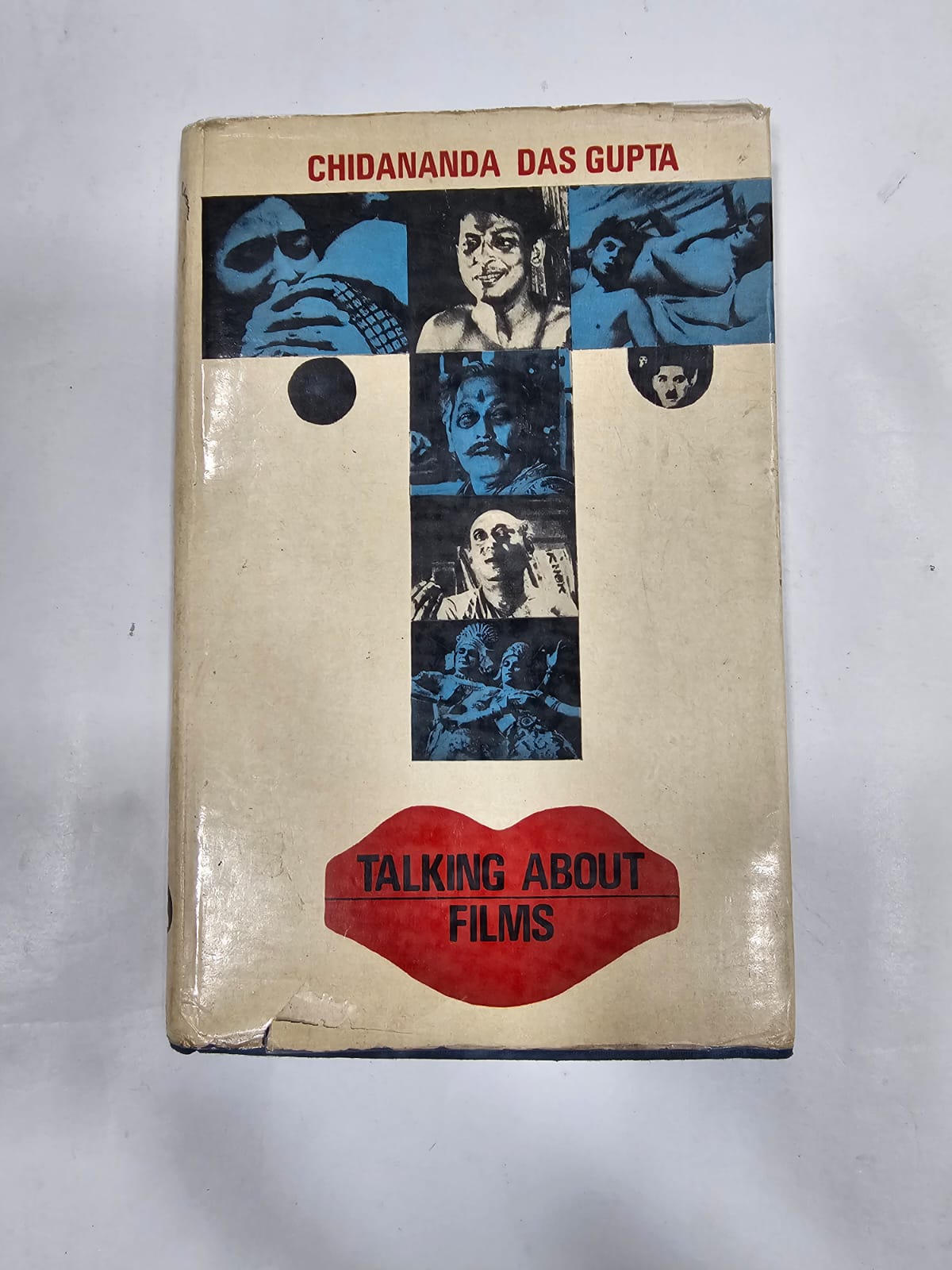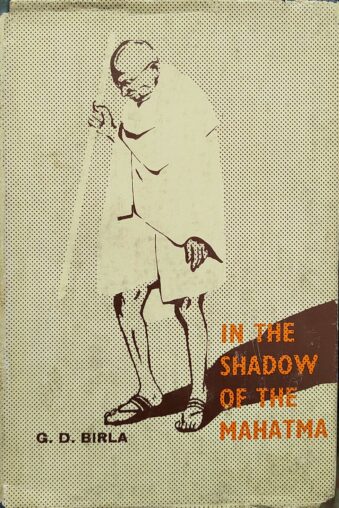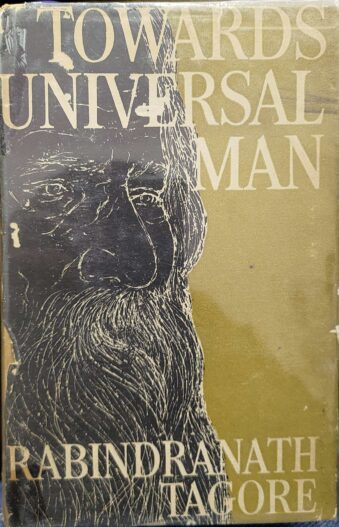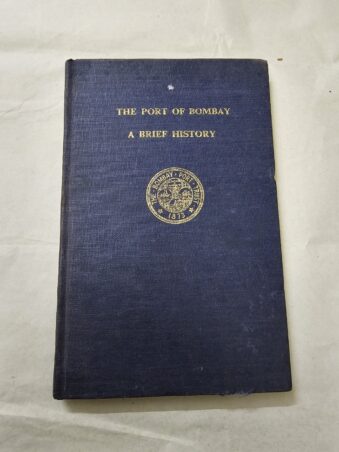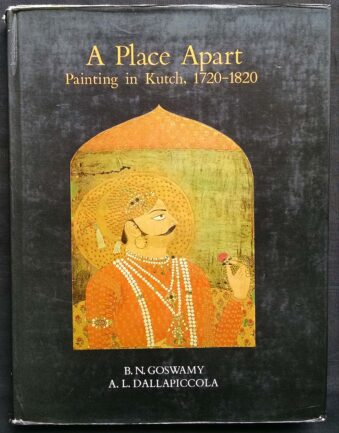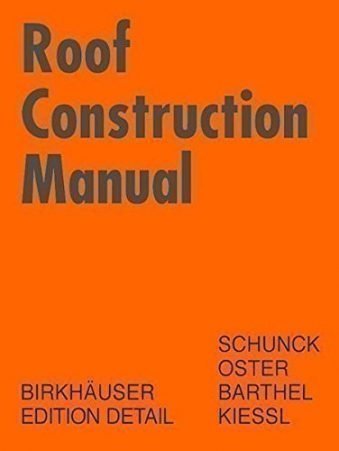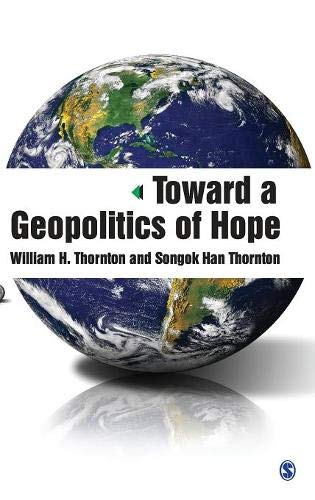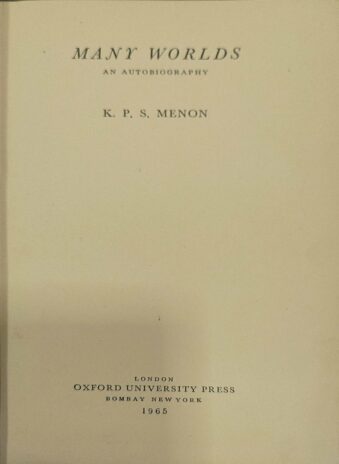- Empty cart.
- Continue Shopping
CONDITION USED GOOD, TALKING ABOUT FILMS, CHIDANANDA DAS GUPTA, HARDCOVER, 1981
₹2,359.00
CONDITION NOTE : SOME FEW HOLES (VERY FEW)
Publisher : Orient BlackSwan (1 January 1981)
Language : English
Paperback : 205 pages
ISBN-10 : 0861312295
ISBN-13 : 9780861312290
1 in stock
What makes a good film? How does a screenplay relate to literature? Why is film censorship ultimately futile? Are film societies necessary? Does Bengali cinema still remain in the shadow of Satyajit Ray? Is the golden age of Indian cinema yet to come? These are some of the questions explored in this collection of essays by an author who draws upon his extensive experience as both a film critic and filmmaker.
The book is divided into three sections. The first focuses on various aspects of Indian cinema, with particular attention to Bengali films. The second broadens the discussion to cinema in general, including Western films and filmmakers. In the third section, the author shares his experiences as a filmmaker, offering insights into the making of a specific film.
While cinema remains the central focus throughout this volume, the essays also reflect perceptively on music, literature, painting, and other art forms. Convinced that cinema is, of all the arts, the one closest to our times, the author remains acutely aware of its responsibility to the society that engages with it.
Chidananda Das Gupta has been writing about films for over twenty years, but his involvement with cinema during this period has extended far beyond writing. He was one of the founders—along with Satyajit Ray—of the Calcutta Film Society in 1947, a pioneering initiative in the Indian film society movement. He gave up a promising career in public relations to dedicate himself fully to cinema.
Das Gupta has directed several documentary films, including Dance of Shiva, Birju Maharaj, and Across the River, as well as a Bengali feature film, Bilet-Pherat, which received considerable critical acclaim. He has edited Indian Film Review and Indian Film Culture, and contributed to The Concise History of the Cinema (edited by Peter Cowie), International Film Guide, and many other prominent film journals in India and abroad.




